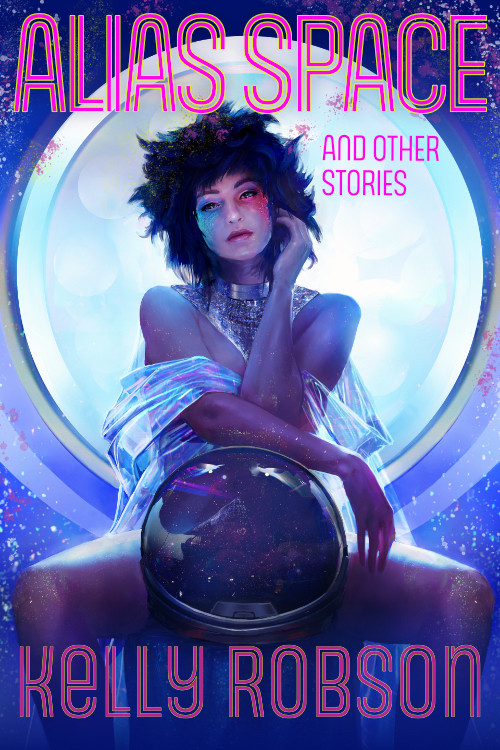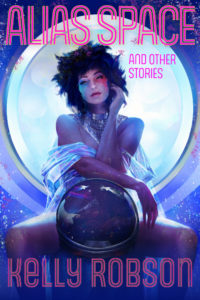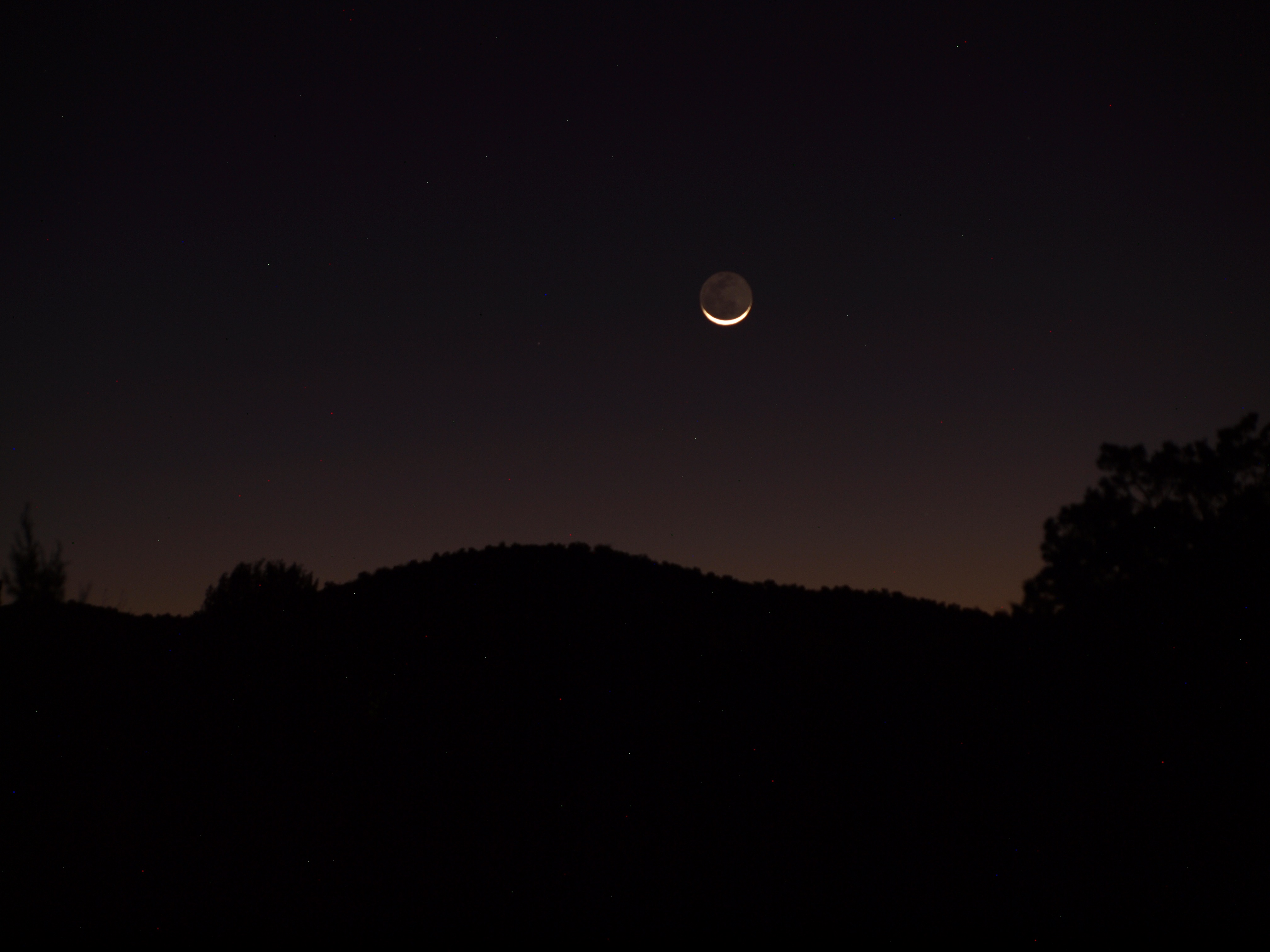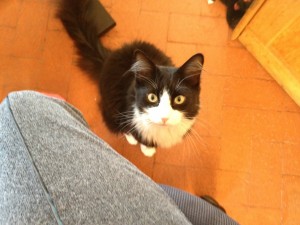The importance of voice, refining it, learning how to get it on the page, how dismissing something like the 3-Act Structure as formulaic is missing the point of storytelling entirely, and why (again) I’m not worried about AI.

RITA ® Award-Winning Author of Fantasy Romance

The importance of voice, refining it, learning how to get it on the page, how dismissing something like the 3-Act Structure as formulaic is missing the point of storytelling entirely, and why (again) I’m not worried about AI.











The other day I saw a well-known reviewer discuss a popular book that concluded a trilogy. They commented that they enjoyed the grand finale, but wished that the hero – who’d been built up as being the most powerful of his kind – had wielded more of that power in the final battle. I nodded along, having felt the same way. I also know why the story skewed in that direction. The heroine stepped up and took the lion’s share of the heroics in defeating the Big Bad.
Does it have to be that way? I don’t know.
As both a reader and a writer, I see stories through a dual lens. I very much enjoyed that trilogy and loved the ride, but I did feel a little let down that this hero I’d come to love never truly flexed this incredible power that had been hinted at all along. At the same time, my author mind was running the plot analysis and thinking, “Well, yeah – his power had to be downplayed for the heroine to shine.” Otherwise we’d end up with yet another story where the hero saves the day while the heroine cheerleads with breasts bouncing on the sidelines.
In fact, it drives me crazy when the hero takes over the narrative from the heroine – the reverse situation of this example – and I see stories fall into that trap all the time. And I am definitely talking about stories where there are two primary protagonists, one male and one female. The gender politics, assumptions, and subconscious programming come into play with the hero/heroine dynamic that aren’t as present or pronounced with male/male or female/female pairings. Or, so I believe. Someone who’s more versed than I am in parsing those dynamics is welcome to take up that topic.
What I see in hero/heroine, male/female pairings is that the female character will often begin with a terrific set of strengths and challenges. She might have a fascinating profession, or be determined on a quest or revenge. As the story plays out, however, gradually the hero takes on the active role, handling the greatest challenges while the heroine takes a step back.
An example that springs to mind is a story where the heroine has returned from an abduction, having left a child behind. She actively manipulates her family and events so she can marry a man who will take her back to recover the child. Enter the hero, who arrives in the story entirely as a tool for the heroine to get what she wants. As the story progresses, she discovers her magic and they engage in adventures and battles. By the end, however, I was dismayed to see her pretty much hanging out back at the castle, pregnant and watching the kids, while the hero went out and battled the Big Bad. He had become the far more interesting and active character.
I think this happens in part because of gender stereotypes and the weight of stories and tropes in our heads. It’s easier to give over the action to the big warrior hero, because we have a lot of precedence for that kind of story. But it doesn’t have to be that way. As we’ve seen with all kinds of gender-swapped stories, we can produce fantastic narratives with roles and tropes switched up.
But do we have to switch and swap?
As with my opening example, it wasn’t satisfying to me as a reader to have the hero basically sidelined either. It’s a challenge, but I think stories that have a male/female pairing – whose adventures in part show what a great team they make -should strive to give equal limelight to both the hero and heroine. I think Ilona Andrews does a great job of this in their books, giving both the hero and heroine critical roles in overcoming the challenges, each playing to their own strengths.
What do you all think of this – am I wrong? Who else writes this balance well?
 Screw this “Writer’s Journey” stuff already.
Screw this “Writer’s Journey” stuff already.
I mean, really.
Longtime readers know I have a pet peeve about the “my journey towards publication” thing. It’s not that I hold the effort to become a professional writer lightly – far from it – and I know it’s difficult when a writer is not yet published, but feels the pressure to start a social media presence. “You must have a blog!” they’re told. (I was.) But what the hell are they supposed to blog about? Reviewing other writers’ books is fraught. Few people have day jobs or lives interesting enough to make for a compelling blog – or they probably wouldn’t want to be a writer. Giving writing or publishing advice comes across as kind of fraudulent.
So I don’t blame them, all these people who title or subtitle their blogs “My Journey Towards Publication.”
(Even if I do roll my eyes a little every time I see it.)
But the metaphor is so cliché that it’s lost any meaning it once had.
That’s the problem with clichés. It’s not that they’re inherently evil – though to hear some advice-givers, you’d totally think so – it’s that they become placeholders, empty shells so weathered by overuse that our eyes pass right over them. They’re like plastic clowns outside the fun house at the old carnival on the pier. Once bright, fascinating, funny and unsettling, after years of sitting there, the colors have faded and they just look pitiful. Someone ought to fix them up, probably. After a while, you stop even noticing them.
I know, I know – this idea has been around for a while. A bit of slapdash research (i.e., two minutes of Googling) reveals that the well-known and oft-used screenwriting book by Christopher Vogler called – wait for it – The Writer’s Journey – was first published just over 20 years ago in 1992. And, yes, he based it on Joseph Campbell’s model of the hero’s journey, which was popularized around 5 years before that.
But, you know, there’s a lot of 80s stuff we’re not doing anymore. I do not stripe my eyeshadow, none of my clothes have 8-inch shoulder pads and I don’t even own a cassette deck. (I may have leg warmers tucked away – shh.)
Besides, “journey” does not give me a happy feeling. Is this just me?
I mean, a journey is a trial, right? Full of tests of character, dangerous situations and a hell of a lot of tromping along. Sure, we can think up how this parallels the endurance and persistence required to make it in publishing, but is this really how we WANT to model ourselves??
Why can’t we have the Writer’s Romp? “My Playful Path to Publication.
Or the Writer’s Rollercoaster. “I Rode Mister Twister 27 Times in a Row and Only Vomited Once.”
(A little nod in there for my Denver peeps – moment of silence for our stolen youth.)
Hey! There could be the Writer’s Grand Tour. “How I Wrote Nine Books in Ten Different Genres and Made Less than a Dollar a Day!”
SEE? Isn’t this already way more fun than the stinking “Writer’s Journey”?
Join the revolution, peoples! Re-envision your life as a writer. Hit me with your ideas!
As for myself, I’m totally working on the “Writer’s Beach Vacation.”
Bring on the cabana boys!
 I spent the last few days on “writers retreat” with my critique partners Laura Bickle and Marcella Burnard. Laura treated us to a cabin in the Hocking Hills and took us on her favorite hikes to these amazing nooks and grottoes. It was so lovely. There’s something about all that pure water springing through rock crevices that’s magical, too. It felt purifying and inspiring.
I spent the last few days on “writers retreat” with my critique partners Laura Bickle and Marcella Burnard. Laura treated us to a cabin in the Hocking Hills and took us on her favorite hikes to these amazing nooks and grottoes. It was so lovely. There’s something about all that pure water springing through rock crevices that’s magical, too. It felt purifying and inspiring.
The reason I put “writers retreat” in quotation marks is because we are all writers and we did retreat – no cell service or internet – we didn’t actually write all that much.
We talked about it. A lot.
And normally I’m a proponent of the “don’t talk about it, just do it” school of Getting Your Writing Done, but this was a chance for us to hash out all our Thoughts on career, peers and gossip. It was more like a corporate retreat. What have we done and where are we going?
My favorite moment: when Laura referred to my career “strategy.” Yeah. Like I planned this.
Among our topics of gossip were the inevitable rehashes of the various colleagues who’ve flamed out for various reasons. The ones who inexplicably posted highly inadvisable rants to blogs. The ones who burned bridges with publishing houses for no apparently better reason than because they had a barrel of lighter fluid handy. The neurotic divas who threw fits in bookstores or at conventions. Talking about the Great Cautionary Tales is fun, especially while drinking wine in the hot tub while fireflies dart about, but it’s also useful. There’s an unfortunate tendency for writers to be nutbags. Almost like it goes with the job. But I just don’t believe that has to be the case.
Extract the lesson from these tales, please.
That’s often what stories do – they illustrate lessons for us. Often the message speaks to a deeper part of ourselves. In fact, the best stories work that way.
In thinking about the whole concept of “I’m an artist and therefore neurotic” concept, I started thinking about the hero’s journey. There’s the classic tale of journeying to another world to bring back the prize. This “other” place – the underworld, dreamworld, faerie, what have you – is equivalent to the subconscious. Wherever we believe our stories come from, it feels like a journey to get them. We metaphorically travel to this other landscape – not the world of traffic lights and alarm clocks – to connect to the creative principle.
(You can call it the muse or the subconscious or the Great Storyteller or whatever – I don’t think it matters.)
In the stories, the dreamworld follows different rules, but the hero who survives, who triumphs, is the one who is pure of heart. She’s the one who can face herself in the mirror and accept who she truly is. It takes discipline, self-knowledge and brutal clarity to journey to the dreamworld and bring back the prize.
When the hero triumphs, she travels the night-dark sea, returns with the magic elixir, neatly bottled and labeled, turns it into her editor ON TIME and saves the village. Much rejoicing.
The others? They can make it to the dreamworld all right, but return in a shambles. The vial of the elixir she went to obtain is half-full, the hero is drenched with the stuff, the label has fallen off. She’s weeks late and stumbles into the village that burned long ago, wondering what the hell happened.
I explained this idea to Laura and she nodded sagely. “This,” she said, “is why Douglas Adams said the most important tool is a towel. We need the towel to soak up all that extra subconscious water, so we don’t drown in it.”
Very wise, my writer friend.
She’s right. We balance our creative journeys with practicality. Being neurotic or crazy or an unbalanced diva is never okay. Yes – journey to the dreamworld. But keep your objectives in mind. Bottle the elixir, wipe off the bottle and get back to the village in time.
Be your own hero.